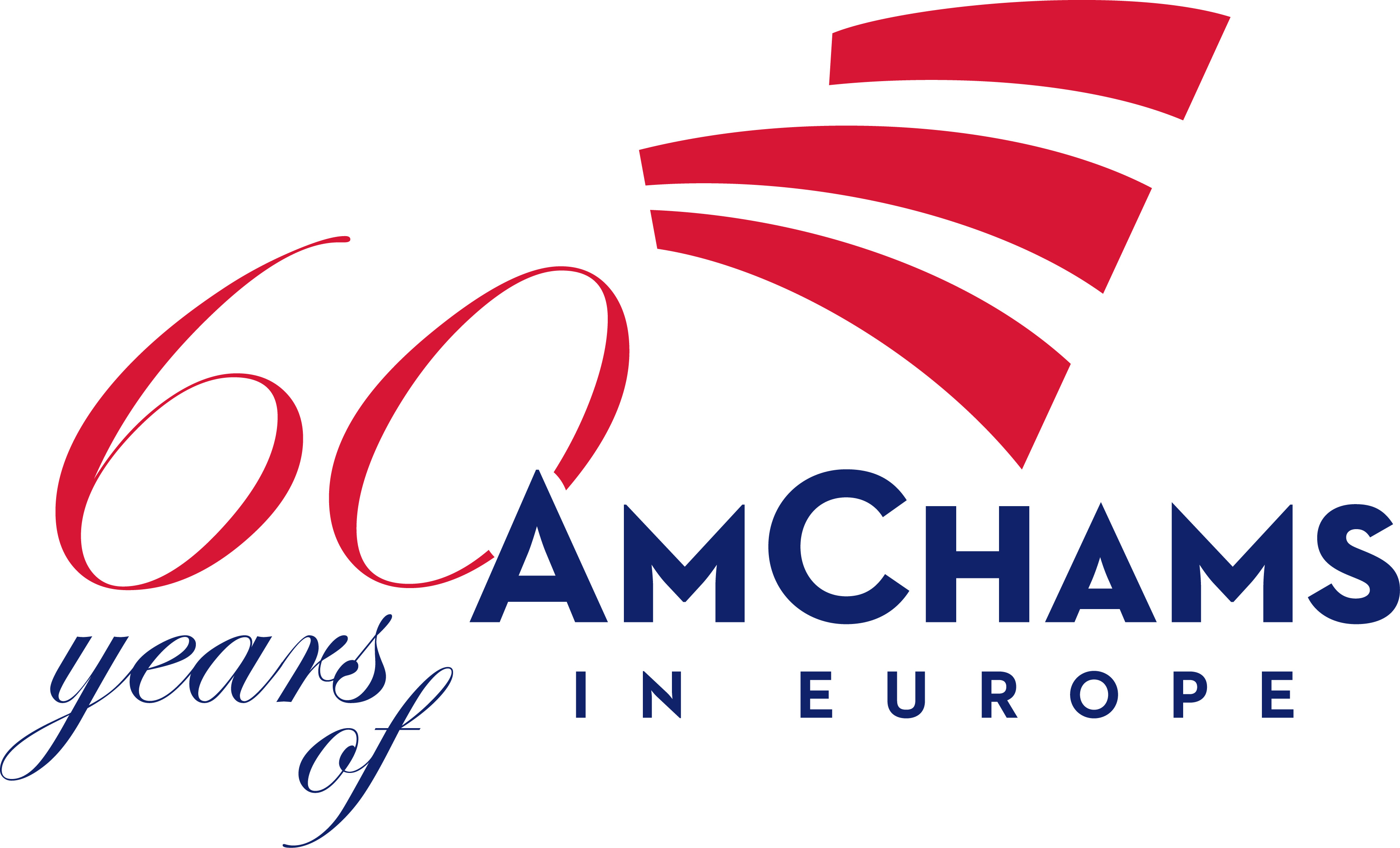How does your expertise in the field of transport and utility infrastructure contribute to sustainable urban development and environmental protection?
In the past, PPG has made a significant contribution to sustainable development, primarily in the city of Sarajevo, through the implementation of projects that improve public transport and reduce negative environmental impact. We have worked on a number of projects that have or will have a direct impact on improving public transport and environmental protection in Sarajevo:
- The reconstruction of the tram line in Sarajevo enabled the modernization of the 19.5 km long double-track tram line, which significantly increased the safety, punctuality and reliability of tram traffic, and the new trams have also given Sarajevo a more beautiful image.
- The construction and expansion of the tram network from Ilidža to Hrasnica will expand the public transport network to parts of the city that will in a certain way become more attractive for our fellow citizens to live in, the availability of public transport services will increase, and ultimately reduce the use of cars.
- The ATMS (Active Traffic Management System) project aims to optimize traffic flow, reduce congestion and shorten travel times. This system is expected to reduce emissions and improve air quality.
- The Public Service Contract (PSC) project will improve the relationship between the Sarajevo Canton as the public transport provider and the public transport operators, enabling a more efficient and quality service.
As you can see, all these projects together contribute to reducing the use of fossil fuel cars and switching citizens to more environmentally friendly public transport. This reduces traffic congestion, improves air quality and improves overall mobility in the city, which is key to sustainable urban development.
In addition to projects related to public transport, PPG is also actively involved in projects that improve energy efficiency and reduce emissions. One of the key projects is the Sarajevo Public Buildings Project funded by UNDP, which aims to thermo-modernize up to 40 public buildings in the Sarajevo Canton. This project directly contributes to reducing energy consumption by at least 30% (about 11.67 GWh/year) and reducing CO2 emissions by approximately 3,420 tons per year.
In addition to environmental benefits, this project increases the standard of heating and cooling, improving comfort for users of public buildings. The project includes improving the heating system, replacing windows and doors, better insulation and installing solar panels, which further reduces operating costs and increases the sustainability of public infrastructure.
How do you see the future of smart cities in BiH and what technologies do we consider key to their development?
At PPG, we believe that the future of smart cities in BiH lies in the application of proven and innovative technologies that improve transport infrastructure, improve the quality of life of citizens and contribute to environmental protection. Although we unfortunately lag behind the cities of developed Europe, where, among other things, large central areas are increasingly being freed from traffic and transformed into spacious pedestrian zones, there is significant room for improving urban mobility in our environments. At PPG, we strive to follow the latest trends in the fields of transport innovation and smart city development in order to implement cutting-edge solutions that have already proven successful in other environments. We believe that it is crucial to use proven methods, in order to avoid wasting energy on inventing solutions that already exist. As experts in the field of transport and transit infrastructure, at PPG we focus on Smart City solutions that improve mobility and traffic flows in urban environments. We believe that the key technologies for the development of smart cities in this context are:
- Active Traffic Management Systems (ATMS): The ATMS project that we are implementing together with partners in Sarajevo uses smart sensors, cameras and analytical tools to optimize traffic flow. This system should reduce congestion, improve road safety and significantly contribute to reducing exhaust emissions.
- Digitalization of public transport: The introduction of applications that allow users to track vehicles in real time, plan routes and buy tickets via mobile phones is key to improving the user experience and increasing the number of public transport users.
- Smart infrastructure: The introduction of smart traffic lights, LED signage and sensor systems allows for automatic adjustment of traffic flows in real time, which reduces congestion and emissions.
- Expansion of environmentally friendly transport systems: Projects such as the extension of the tram network from Ilidža to Hrasnica show that Sarajevo is moving towards sustainable solutions that encourage citizens to use public transport instead of fossil-fueled cars.
In addition to introducing advanced traffic systems such as ATMS, PPG has implemented a number of measures through the Sarajevo Public Buildings Project that strengthen the concept of smart cities:
- Digitalization of energy systems: The introduction of automated heating and lighting management systems achieves optimal energy consumption.
- Application of solar panels and energy-efficient solutions: The installation of photovoltaic systems and solar water heaters reduces dependence on fossil fuels.
- Improvement of municipal infrastructure: Through investments in public buildings, energy efficiency has been improved, which directly contributes to reducing pollution and raising living standards.
These projects confirm that PPG is actively working on the application of the latest technologies and best practices in the field of smart cities, thus creating the foundations for the sustainable development of urban areas in BiH.












